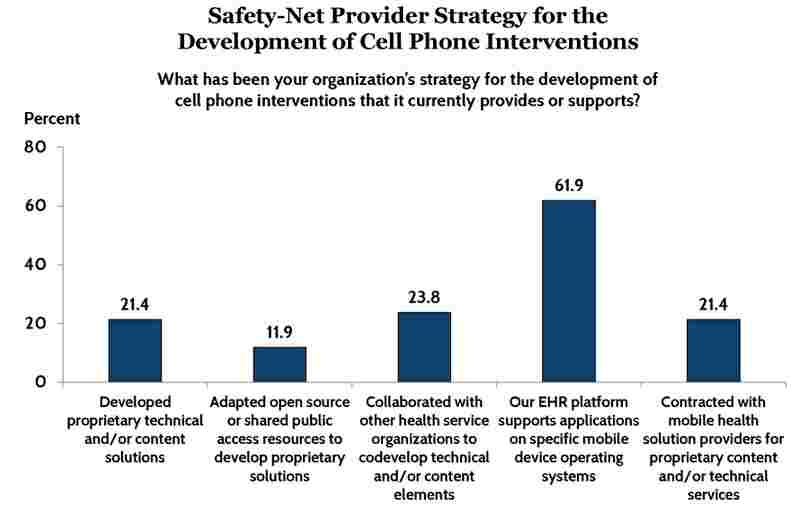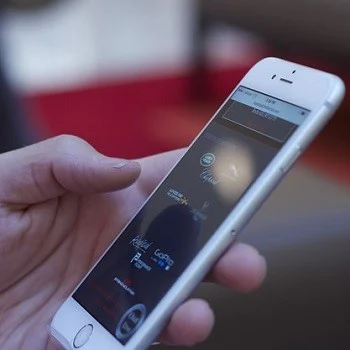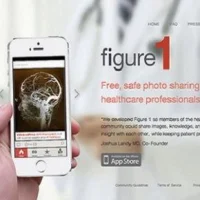Although cellular phones and other mobile devices providing patient-centred technology actively engage patients in care, evidence of effectiveness in improving health-related outcomes is limited, according to a new Commonwealth Fund report.
In addition, "providers have not been able to effectively leverage technology tools" to improve population health and care delivery, the authors note.
The report is based on data collected from an online survey of urban and rural community health centres and clinics, representing insight from 181 organisations. The survey aimed to assess if and how healthcare providers in the safety net use cellphones to support patient engagement.
Survey results indicate that the use of cellphones in patient care is at an early stage of deployment across the safety net. Organisations polled identify chronic disease management as an area where cellphones offer considerable potential to effectively engage patients. Some of the survey's findings include:

"Cellphones and other consumer digital technologies have emerged as potentially powerful tools to engage patients in healthcare," says the report. "They can strengthen the efficacy of safety-net health systems by improving providers' capacity to reach vulnerable populations and actively engage them in their care."
The researchers cite three barriers to deploying cellphone interventions: limited funding; limited human and technical resources; and lack of integration of mHealth tools with electronic health records and other HIT infrastructure.
"To fully unlock the potential of technology to improve healthcare will require an improved understanding of the use of mobile health in patient care, as well as policies that provide funding, technical assistance, and reimbursement and address the issues of informed consent, privacy and security," the researchers conclude.
The research insight comes as consumers and healthcare providers increasingly view mobile devices and apps as viable tools in proactive health management. A Kansas provider, for example, is using a mobile app to shore up patient-healthcare provider communications and enhance its electronic health record system by providing patients with more tools for deeper engagement in healthcare issues and decision-making.
Source: The Commonwealth Fund
Image credit: Pixabay
In addition, "providers have not been able to effectively leverage technology tools" to improve population health and care delivery, the authors note.
The report is based on data collected from an online survey of urban and rural community health centres and clinics, representing insight from 181 organisations. The survey aimed to assess if and how healthcare providers in the safety net use cellphones to support patient engagement.
Survey results indicate that the use of cellphones in patient care is at an early stage of deployment across the safety net. Organisations polled identify chronic disease management as an area where cellphones offer considerable potential to effectively engage patients. Some of the survey's findings include:
- Patients with chronic disease were the most engaged (88.9 percent), with preventative care and wellness each garnering 85 percent interest
- 86 percent of those polled said patient engagement is a challenge;
- Appointment reminders were the most popular form of engagement, at 30 percent, followed by immunisation reminders, screening reminders and health education and personal health data access;
- The top three patient engagement benefits are improving compliance with standard care practices; facilitating improved case management and targeted outreach; and promoting sustained patient engagement in behaviour change.

"Cellphones and other consumer digital technologies have emerged as potentially powerful tools to engage patients in healthcare," says the report. "They can strengthen the efficacy of safety-net health systems by improving providers' capacity to reach vulnerable populations and actively engage them in their care."
The researchers cite three barriers to deploying cellphone interventions: limited funding; limited human and technical resources; and lack of integration of mHealth tools with electronic health records and other HIT infrastructure.
"To fully unlock the potential of technology to improve healthcare will require an improved understanding of the use of mobile health in patient care, as well as policies that provide funding, technical assistance, and reimbursement and address the issues of informed consent, privacy and security," the researchers conclude.
The research insight comes as consumers and healthcare providers increasingly view mobile devices and apps as viable tools in proactive health management. A Kansas provider, for example, is using a mobile app to shore up patient-healthcare provider communications and enhance its electronic health record system by providing patients with more tools for deeper engagement in healthcare issues and decision-making.
Source: The Commonwealth Fund
Image credit: Pixabay
References:
Broderick A, Haque F (2015) Mobile Health and Patient Engagement in the Safety Net: A Survey of Community Health Centers and Clinics. The
Commonwealth Fund, May 2015.
Latest Articles
healthmanagement, mobile health, mhealth, survey, patient-centred, technology
Although cellular phones and other mobile devices providing patient-centred technology actively engage patients in care, evidence of effectiveness in improving health-related outcomes is limited, according to a new Commonwealth Fund report.










